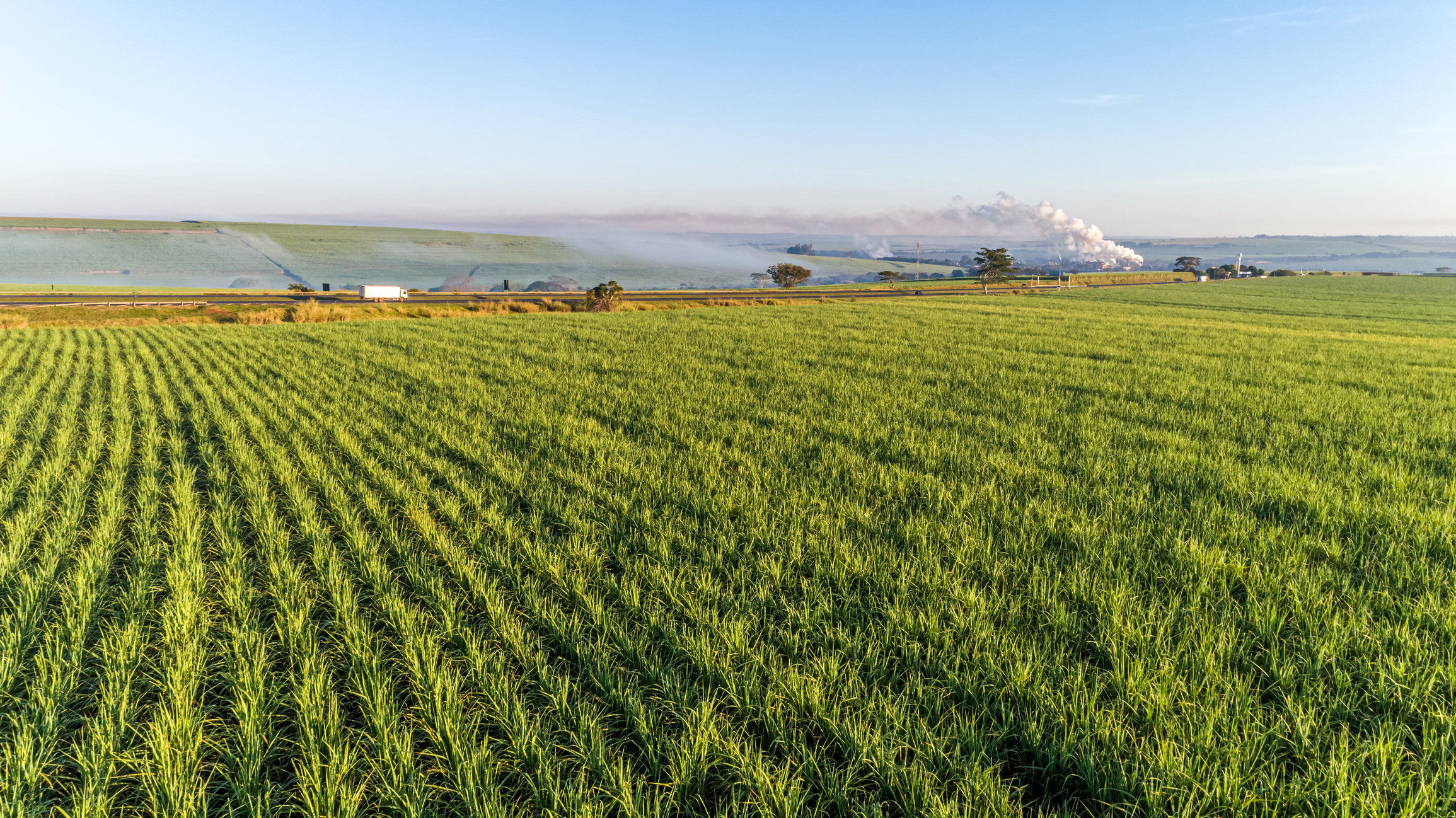This work was done in collaboration with Safe Software partner Solutial.

FME Presents: Your data at work.
For more than 30 years, this data team has asked the big questions, solved tough challenges, and sparked new ideas, proving they can do it all.
Meet Your Data Team


This work was done in collaboration with Safe Software partner Solutial.

Pedra Agroindustrial, a leading sugarcane producer, set an ambitious goal to reduce outsourcing costs by over 50%, aiming to enhance operational efficiency and lower overall expenses. With sugarcane fields spanning 160,000 hectares, the company needed a precise and scalable method for identifying planting failures. The challenge was processing and analyzing large volumes of high-resolution UAV (Unmanned Aerial Vehicle) imagery to detect and classify failures across their fields, all while reducing reliance on external resources.
Pedra Agroindustrial adopted FME for processing UAV imagery and integrating data from field machinery. By creating a comprehensive data model, they established a robust framework for managing and analyzing large datasets. This model seamlessly linked data from machinery with UAV imagery, forming the foundation of a precise crop monitoring system.
FME’s powerful data processing capabilities were key for UAV image analysis. By maintaining a resolution of 3 centimetres, the imagery was detailed enough to allow for accurate identification of planting failures. To streamline analysis, the images were analyzed to distinguish between vegetation and soil, followed by the application of a sophisticated algorithm that identified failures. Failures were classified based on their length and field usage, allowing Pedra Agroindustrial to target specific areas for intervention.
By using FME, Pedra Agroindustrial not only optimized the identification of planting failures but also gained valuable insights that enhanced crop management strategies. This data-driven approach significantly reduced their reliance on external resources, positioning the company to meet its goal of cutting outsourcing costs by more than half. The precise classification of planting failures enabled targeted interventions, improving overall crop health and resource allocation.
In addition, FME ensures reliable and accurate data processing, offering stakeholders transparent, actionable insights. As a result, operations became more efficient and cost-effective, leading to improved decision-making throughout the organization.